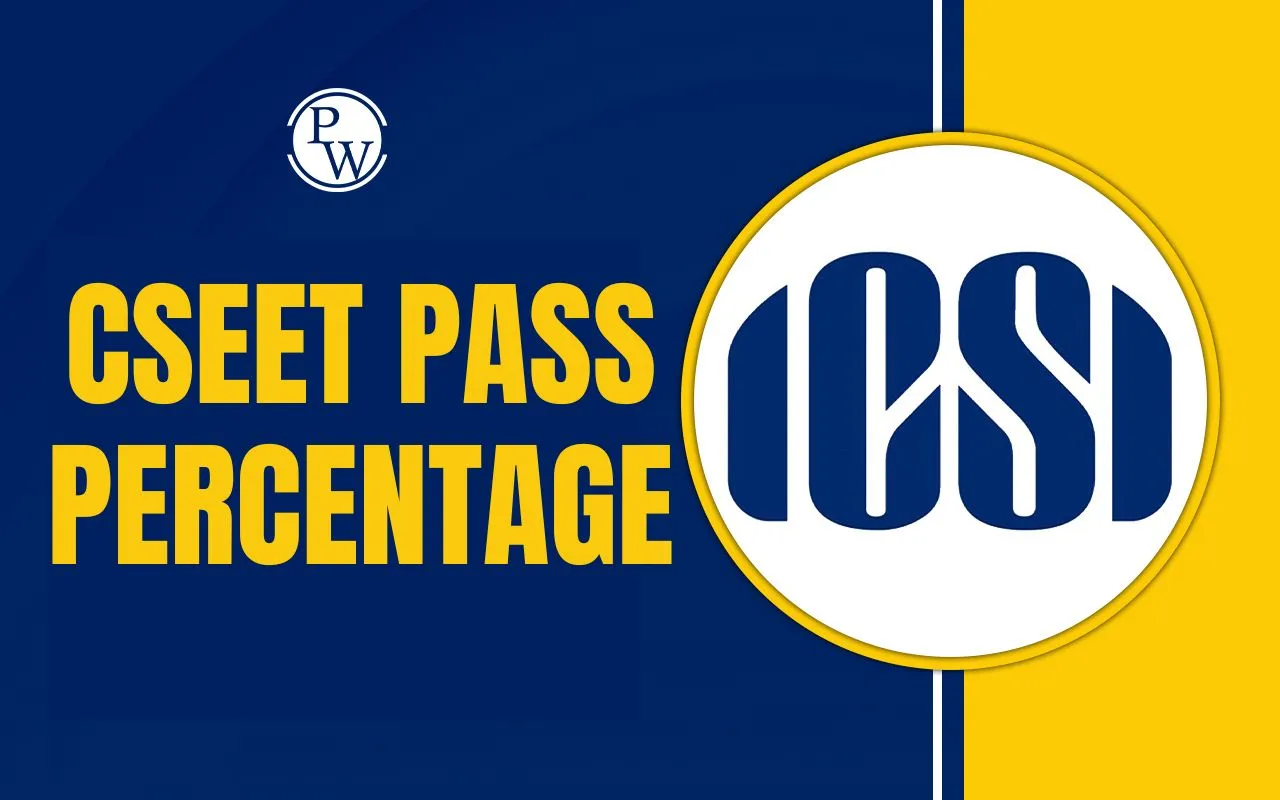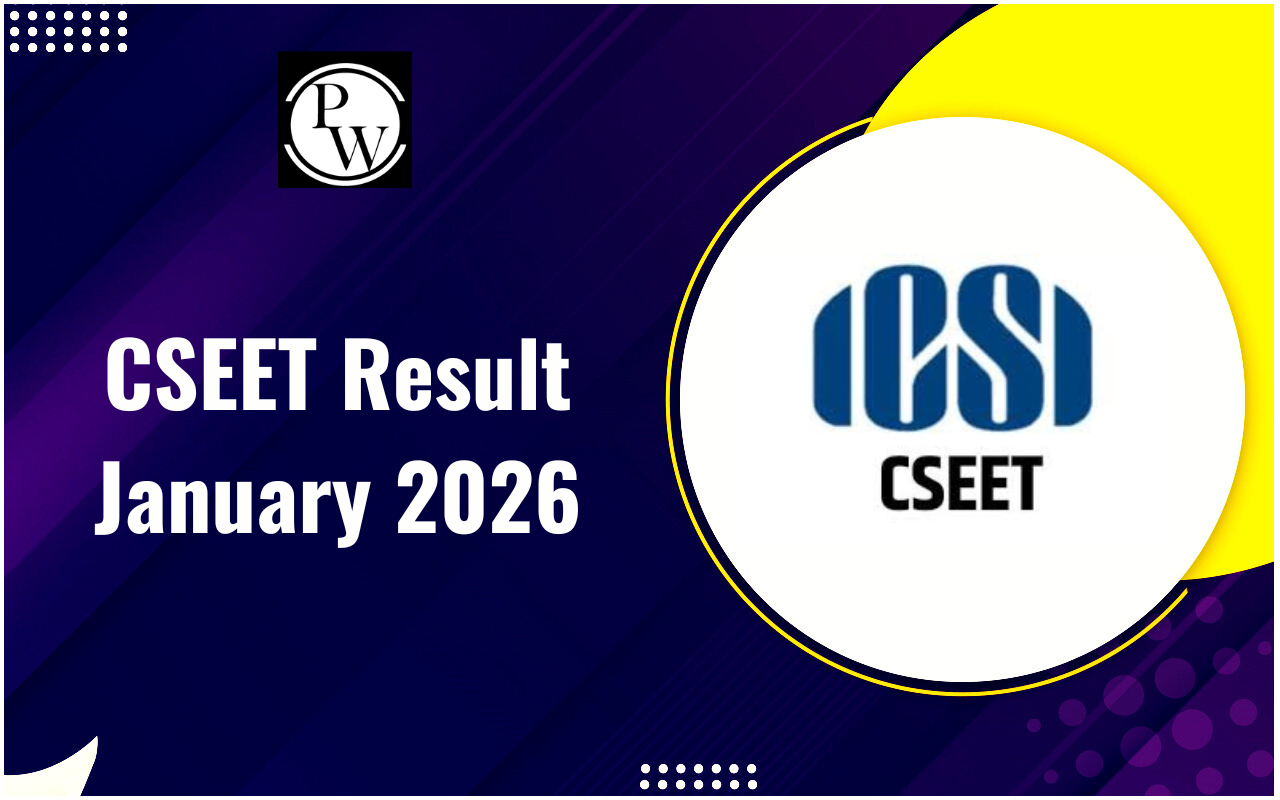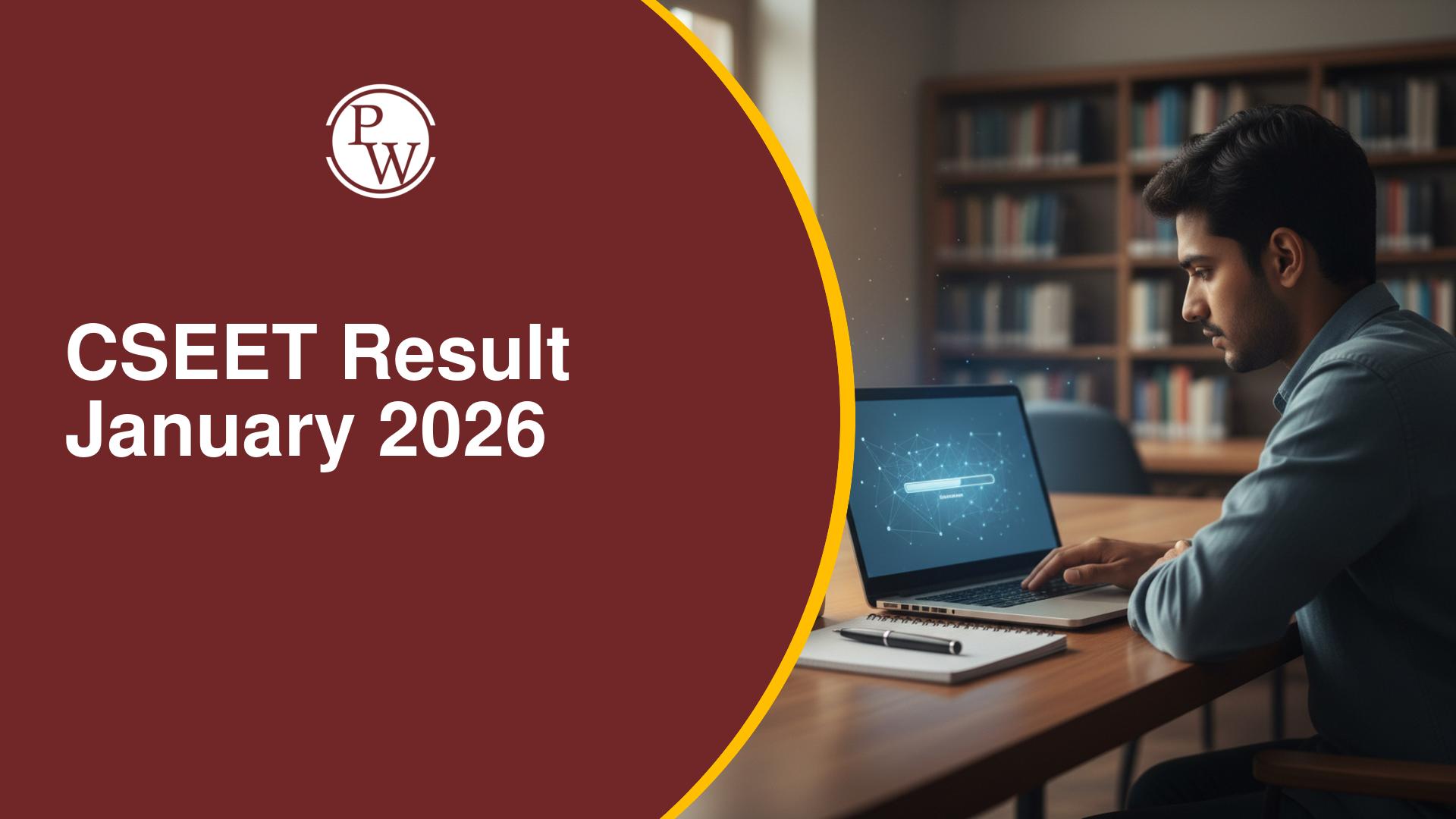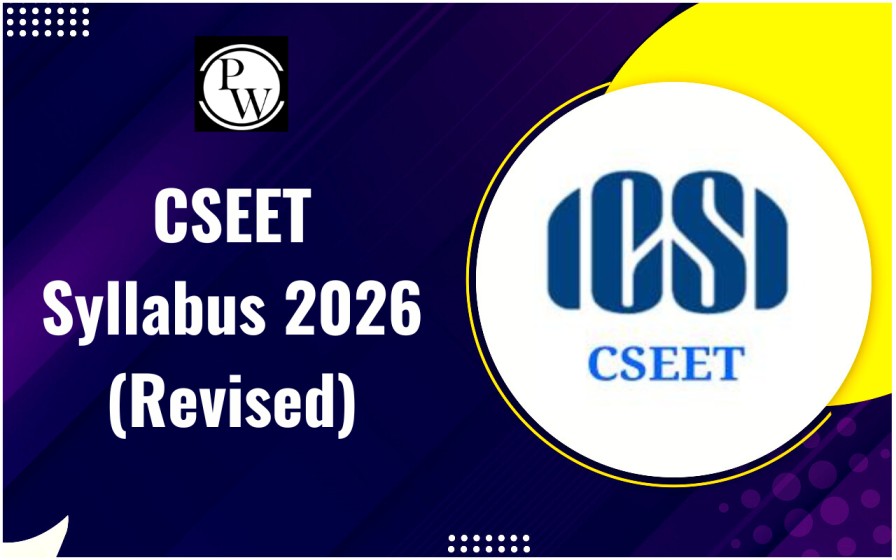
In the modern legal landscape, Law relating to Arbitration, Mediation and Conciliation have emerged as essential methods of alternative dispute resolution (ADR). These mechanisms offer parties efficient, cost-effective, and flexible means to resolve conflicts outside the traditional court system. This article explores the key aspects of arbitration, mediation, and conciliation, including the essentials of the arbitral process, important definitions, the power to refer parties to arbitration, appointment and failure of arbitrators, equal treatment of parties, correction and interpretation of awards, communication in conciliation, and the status and effect of settlement agreements.
Introduction
Arbitration, mediation, and conciliation are ADR processes designed to provide alternative pathways for resolving disputes. These methods are often preferred for their ability to save time, reduce costs, and provide more amicable resolutions compared to litigation.Essentials of Arbitral Process
Arbitration is a process where disputing parties agree to submit their conflict to one or more arbitrators, who make a binding decision. Key elements include:- Agreement to Arbitrate : Both parties must consent to resolve their dispute through arbitration.
- Selection of Arbitrator(s) : Parties choose impartial arbitrators to hear the case.
- Hearing : The arbitrator(s) conduct a hearing where evidence and arguments are presented.
- Award : The arbitrator(s) issue a decision, known as an award, which is binding and enforceable.
Important Definitions
- Arbitration Agreement : A written agreement to submit present or future disputes to arbitration.
- Arbitrator : An impartial individual or panel selected to resolve the dispute.
- Award : The final decision rendered by the arbitrator(s).
- Conciliation : A process where a conciliator helps parties settle their dispute amicably.
- Mediation : A facilitated negotiation process where a mediator assists parties in reaching a voluntary agreement.
Power to Refer Parties to Arbitration where there is an Arbitration Agreement
Under the Arbitration and Conciliation Act, 1996, if a dispute covered by an arbitration agreement arises, the court must refer the parties to arbitration upon request. This ensures that parties adhere to their agreement to arbitrate and avoid court proceedings.Appointment of Arbitrators
The appointment of arbitrators can be agreed upon by the parties or, if they cannot agree, made by the court. The Act provides procedures for appointing arbitrators, ensuring impartiality and fairness.Failure or Impossibility to Act as an Arbitrator
If an arbitrator becomes unable to perform their duties due to incapacity, resignation, or other reasons, the process for appointing a replacement is invoked. This ensures that the arbitration process continues without undue delay.Equal Treatment of Parties
One of the fundamental principles of arbitration is the equal treatment of parties. This ensures that both sides have a fair opportunity to present their case, maintaining the integrity and fairness of the process.Correction and Interpretation of Award; Additional Award
Parties can request the arbitrator to correct any clerical or typographical errors in the award or to interpret specific points. Additionally, if a claim presented during the proceedings was omitted from the award, an additional award can be requested to address it.Communication between Conciliator and Parties
In conciliation, the conciliator communicates with the parties separately or together to facilitate a settlement. The conciliator's role is to improve communication, clarify issues, and explore potential solutions, while maintaining confidentiality.Status and Effect of Settlement Agreement
A settlement agreement reached through conciliation or mediation is binding and enforceable like a court decree. This gives the parties confidence that their agreement will be upheld, providing a conclusive resolution to the dispute.Conclusion
Arbitration, mediation, and conciliation are vital tools in the ADR toolkit, offering practical alternatives to traditional litigation. Arbitration provides a binding resolution through a structured process, while mediation and conciliation focus on facilitating mutually agreeable settlements. Understanding the essentials of these processes, from the appointment of arbitrators to the enforcement of settlement agreements, is crucial for parties seeking efficient and fair dispute resolution. By embracing these methods, parties can achieve quicker, more amicable, and cost-effective resolutions, ultimately contributing to a more effective justice system.Law relating to Arbitration, Mediation and Conciliation FAQs
What is arbitration?
Arbitration is a process where disputing parties agree to submit their conflict to one or more arbitrators, who make a binding decision. It involves selecting impartial arbitrators, conducting a hearing, and issuing a binding award.
How does mediation differ from arbitration?
Mediation is a facilitated negotiation process where a mediator assists parties in reaching a voluntary agreement. Unlike arbitration, mediation does not result in a binding decision; instead, it aims to help parties find a mutually agreeable solution.
What is conciliation?
Conciliation is a process where a conciliator helps parties settle their dispute amicably. The conciliator communicates with the parties, clarifies issues, and explores potential solutions, aiming to facilitate a settlement agreement.
What happens if an arbitrator cannot perform their duties?
If an arbitrator becomes unable to perform their duties due to incapacity, resignation, or other reasons, a replacement arbitrator is appointed according to the procedures outlined in the Arbitration and Conciliation Act, 1996, ensuring the arbitration process continues without undue delay.
Are settlement agreements reached through conciliation or mediation legally binding?
Yes, settlement agreements reached through conciliation or mediation are binding and enforceable like a court decree, providing parties with a conclusive resolution to their dispute.
🔥 Trending Blogs
Talk to a counsellorHave doubts? Our support team will be happy to assist you!

Check out these Related Articles
Free Learning Resources
PW Books
Notes (Class 10-12)
PW Study Materials
Notes (Class 6-9)
Ncert Solutions
Govt Exams
Class 6th to 12th Online Courses
Govt Job Exams Courses
UPSC Coaching
Defence Exam Coaching
Gate Exam Coaching
Other Exams
Know about Physics Wallah
Physics Wallah is an Indian edtech platform that provides accessible & comprehensive learning experiences to students from Class 6th to postgraduate level. We also provide extensive NCERT solutions, sample paper, NEET, JEE Mains, BITSAT previous year papers & more such resources to students. Physics Wallah also caters to over 3.5 million registered students and over 78 lakh+ Youtube subscribers with 4.8 rating on its app.
We Stand Out because
We provide students with intensive courses with India’s qualified & experienced faculties & mentors. PW strives to make the learning experience comprehensive and accessible for students of all sections of society. We believe in empowering every single student who couldn't dream of a good career in engineering and medical field earlier.
Our Key Focus Areas
Physics Wallah's main focus is to make the learning experience as economical as possible for all students. With our affordable courses like Lakshya, Udaan and Arjuna and many others, we have been able to provide a platform for lakhs of aspirants. From providing Chemistry, Maths, Physics formula to giving e-books of eminent authors like RD Sharma, RS Aggarwal and Lakhmir Singh, PW focuses on every single student's need for preparation.
What Makes Us Different
Physics Wallah strives to develop a comprehensive pedagogical structure for students, where they get a state-of-the-art learning experience with study material and resources. Apart from catering students preparing for JEE Mains and NEET, PW also provides study material for each state board like Uttar Pradesh, Bihar, and others
Copyright © 2026 Physicswallah Limited All rights reserved.









